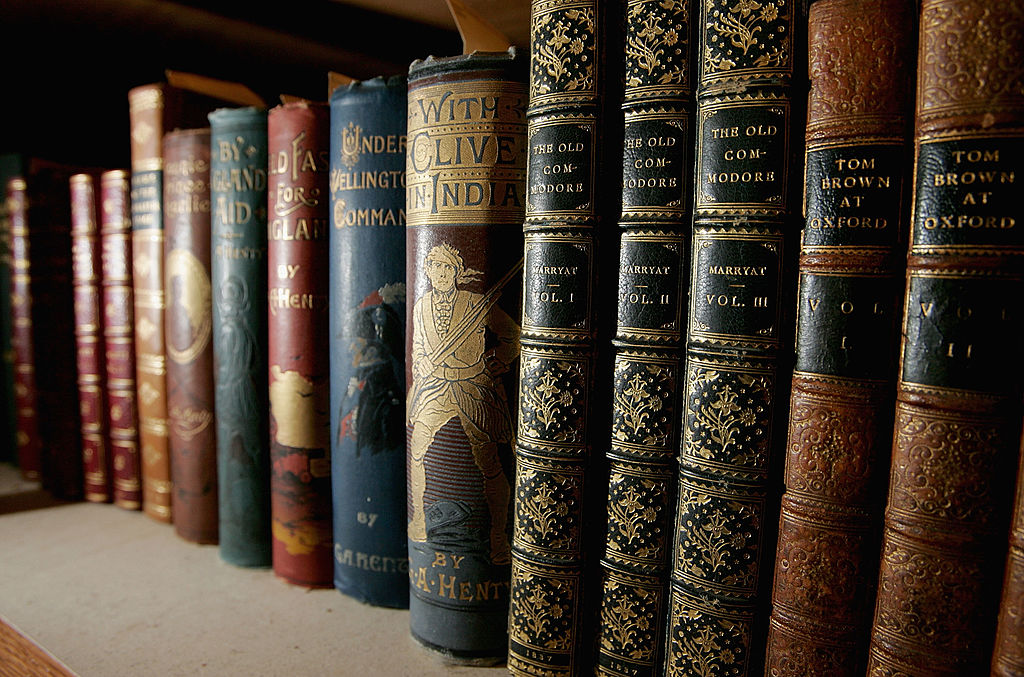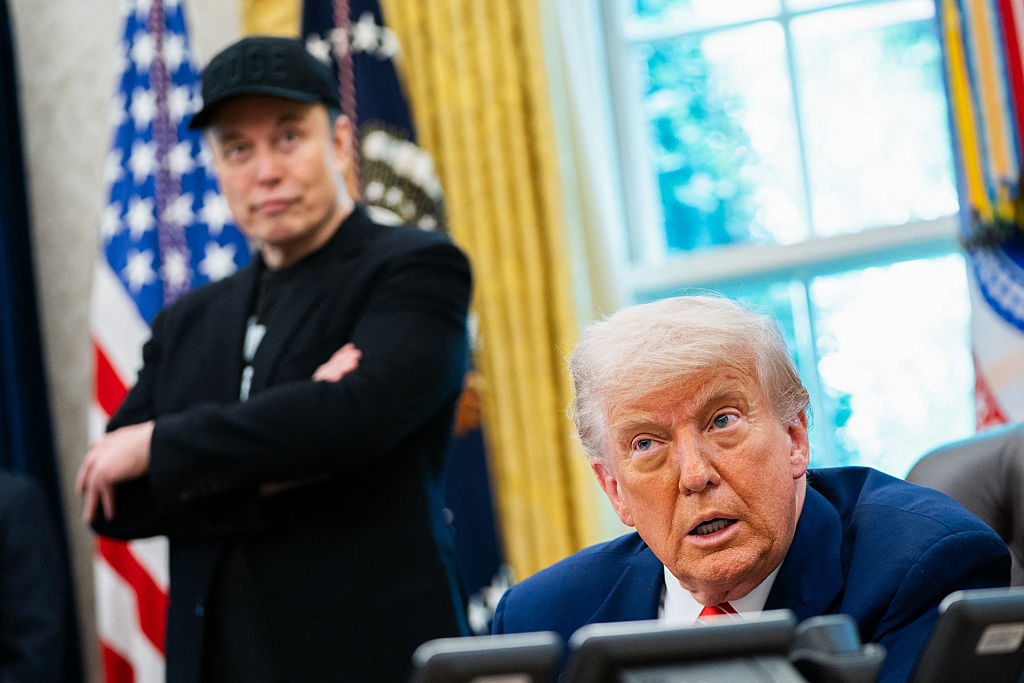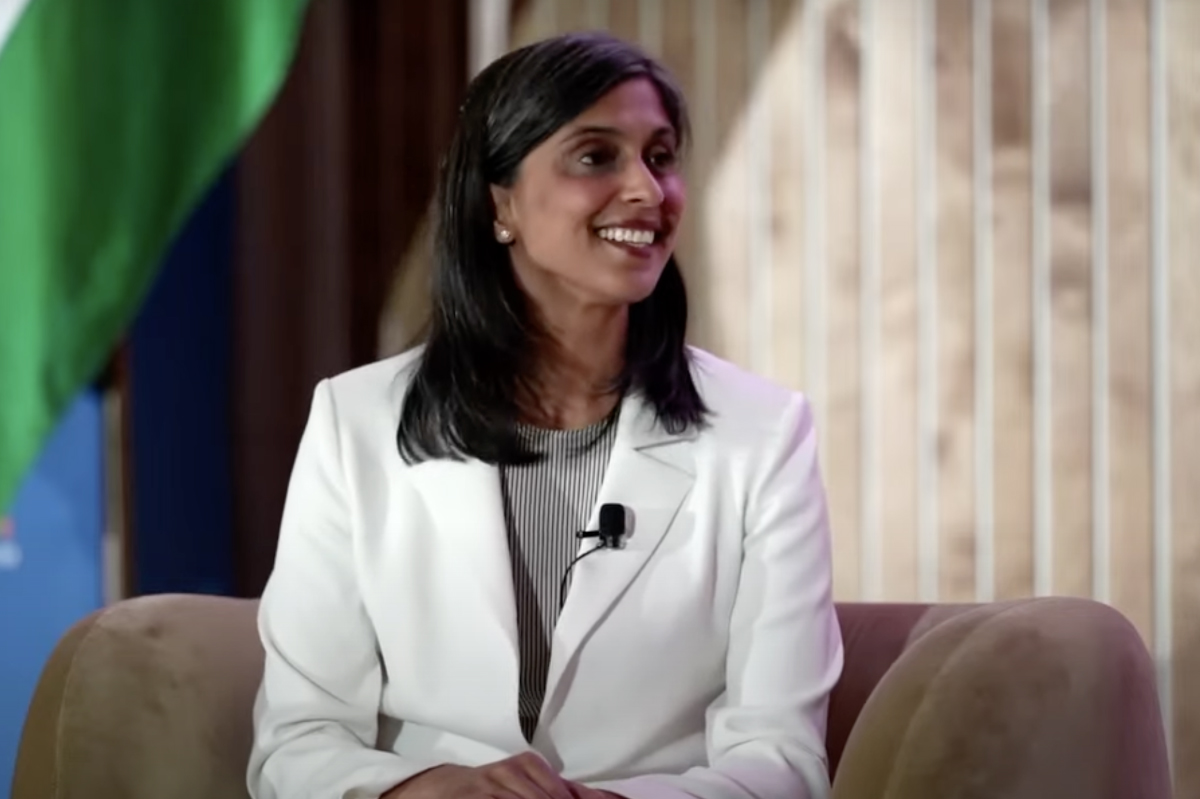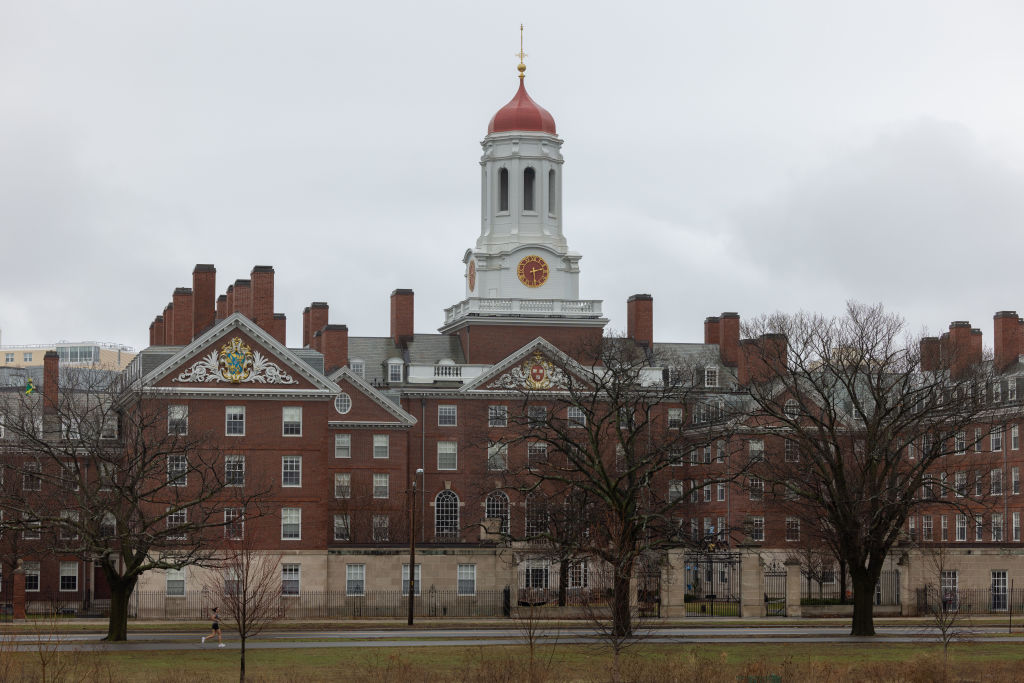Like you, I enjoy reading. I know, of course, because you are reading this. But perhaps you also share my interest in preventing others from reading. In case you are not yet enlisted in the Restricted Literacy Movement, allow me to point out our three basic claims. (Call it RLM, why don’t we: acronyms don’t have to be read, after all.)
First, literacy beyond the rudimentary has become unnecessary. Most people can do their jobs and find fulfilling leisure without it. Second, attempting to produce literacy in the unwilling is an expensive, typically futile undertaking. Third, literacy is simply harmful to many who have acquired it. It engenders discontent, self-doubt and destructive impulses. It would better serve the mental health of Americans to provide them with the minimum literacy they need to operate elevator buttons or distinguish “Stop” from “Bridge Out Ahead.”
Let’s admit from the start that the rich and powerful gain by keeping people ignorant. The ruling class seeks to keep consumerism humming along, to feed racial resentment and social division, to cow the public into submission to the mandates of “science.”
But all these ruling-class desiderata are helped along by maintaining the prevailing quasi-literacy. Ibram X. Kendi and Nikole Hannah-Jones cannot sell books to millions of white people if those white people are functionally illiterate. Where would Dr. Fauci or Bill McKibben be without people who can read?
We understand that RLM might be mistaken as abetting the cupidity of the rich and the tyranny of the powerful, but that’s a misimpression. The ruling class seeks to stratify the population into layers of un-reading, the bottom for those who can be directed entirely with song and image, the top for those who imagine themselves consumers of ideas. RLM, by contrast, offers to all who accept it genuine freedom from written communication.
Opponents of RLM argue that reading empowers the oppressed. They cite Frederick Douglass, who broke laws prohibiting slaves from reading and became a leader of the abolitionist movement. They say, “See what literacy can do?”
Of course — in that kind of hierarchical society, literacy was gunpowder. It could blow things up. In our kind of hierarchy, however, it’s far more likely to be a distraction: instead of Frederick Douglass, we get Robin DiAngelo.
Today the rich and powerful are just as likely as the poor to be post-literate. If they ever knew how to read anything more complicated than a menu, they have long since forgotten. Keeping track of their written documents is assigned to a harmless army of scribes, kept in its place with flattery and pay.
It’s an almost miraculous moment: thirty years ago, could anyone have predicted that we would be so close to triumph? The barriers seemed impassable. Our elites regarded literacy as the key to advancement. Teaching children to read was the most important job of public schools. Immense sums were appropriated to advance childhood literacy and fight adult illiteracy. The authorities sought to snatch away those few cases we could claim as proof that non-reading was a worthy alternative.
Our studies showed that so-called “preliterate” people have better memories and richer lives, but they went unread. That blind Homer composed the Iliad and the Odyssey relying on the vast resources of his inner voice made no difference to the reading fanatics.
But let us recite the wonders that followed. First modern digital technology gave us video, easy access to pornography and gambling — and eventually the “oral culture” of the cellphone. A crude form of literacy was necessary for a while, but soon we had Siri to relieve that burden.
Second was teacher defection. Once they decided that literacy was less important than social justice, we found unexpected allies. Millions of teachers threw down their weapons and walked over to the side of emotive post-literacy; the joys of conforming to the group are immeasurably more satisfying than Moby-Dick or Crime and Punishment. Sentimentalists worried that it meant the “end of the book,” but they did not count on the ingenuity of the inventors of the graphic novel and its thousand variants, now overwritten with social-justice messaging.
Having technology and teachers on our side might well have been enough to win the war for RLM, but a third wonder appeared. Americans discovered that ideas they disliked were spread rapidly and effectively via writing. This came as a shock. It had been believed that “social media” were the only remaining channels of communication and that imposing strict censorship on them would eliminate the spread of “Big Lies,” “conspiracy theories” and “misinformation.”
Rogue channels still exist and so-called “memes” circulate. But it is now relatively easy to shun the written word; within a generation or two, few will be left who can decipher the hieroglyphics of the old order.
Where does that leave us, the champions of Restricted Literacy? We face some difficulties, of course, in managing the larger social transition. We must pretend allegiance to the new order even as we enjoy our new power as masters of the old, which will naturally continue to make the important decisions. I think it only right that we acknowledge the benefactors without whom this glorious victory would never have been possible: the innovators of Silicon Valley, who have anesthetized our minds; the teachers who sped the disintegration of education; and those knee-cappers of information, the wokerati, who keep us safe within the Cloud of unknowing.
It’s time we face facts. Reading is returning to its natural level, as a skill of the few. The Restricted Literacy Movement promises us a world all but free of the written word, happily preoccupied with the here and now. What could be better?
This article was originally published in The Spectator’s May 2022 World edition.

























